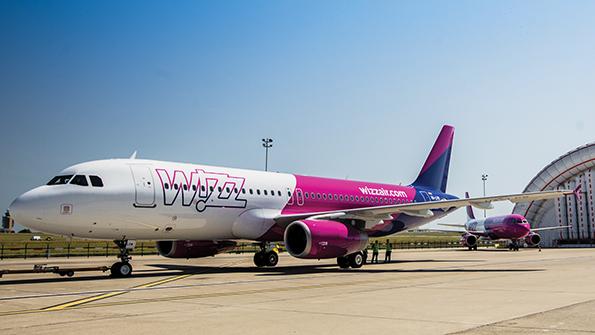
More focus on international collaboration is one of several key themes the FAA is pursuing in its latest annual budget request—part of a series of steps triggered at least in part by the Boeing 737 MAX crisis.
The FAA’s aviation safety organization is requesting $17.4 million and 81 new full-time-equivalent positions to support an “action plan” that targets issues spotlighted by two 737-8 accidents in 2018-19 and related probes. The plan addresses recommendations from different groups, including an ad hoc committee formed by the U.S. Transportation Department to examine the agency’s certification procedures. Among them is integrating more human-factors expertise into the certification process. The funds also will go toward a planned ombudsman organization—one of several new requirements mandated by Congress.
The FAA’s fiscal 2022 budget request for the 12 months beginning Oct. 1 includes plans to place senior officials in four international offices to bolster the agency’s global regulatory collaboration and policy-setting efforts. Under the proposed budget, the FAA would spend $2.4 million in the coming fiscal year to place “senior representatives” in Mexico, Poland, the UK and somewhere in Southeast Asia.
“These permanent overseas positions will provide the necessary seniority, workforce and resource bandwidth, skill sets, and collaboration capabilities to successfully engage the international civil aviation community and effectively influence and drive global aviation standards, policy, direction, and modernization based on U.S. positions,” the agency’s budget-justification document says. The new UK slot is needed to handle the added workload following that country’s departure from the European Union and the related regulatory protocols that must be established.
“The UK has the largest aviation industry in Europe and a geographic position that is strategic for the U.S.,” the FAA says.
The other three positions are needed to handle growing workloads in each region, the agency adds. The four new positions would come under the agency’s Office of Policy, International Affairs and Environment.
Separately, the agency learned that it will press into 2022 without its top safety official. Ali Bahrami, who led the FAA’s safety organization since July 2017, will retire effective June 30, after serving three decades over two stints at the agency. Deputy Associate Administrator for Aviation Safety Chris Rocheleau will serve as interim head of the Office of Aviation Safety, and the FAA will look for a permanent successor.
Bahrami spent most of his time as head of FAA safety and certification activities under intense scrutiny following the 737 MAX accidents in October 2018 and March 2019. Investigations into each accident and the FAA’s broader certification process led to calls for changes at the agency.
Bahrami helped develop the FAA’s action plan that addresses many of the recommendations as well as new mandates from Congress aimed at revamping certification. He also helped the FAA modify its oversight approach in response to the COVID-19 pandemic.
“Despite the unprecedented challenges during my tenure . . . we accomplished a lot,” Bahrami told the 7,400-strong aviation safety organization in his retirement announcement. “This was not an easy decision.”

